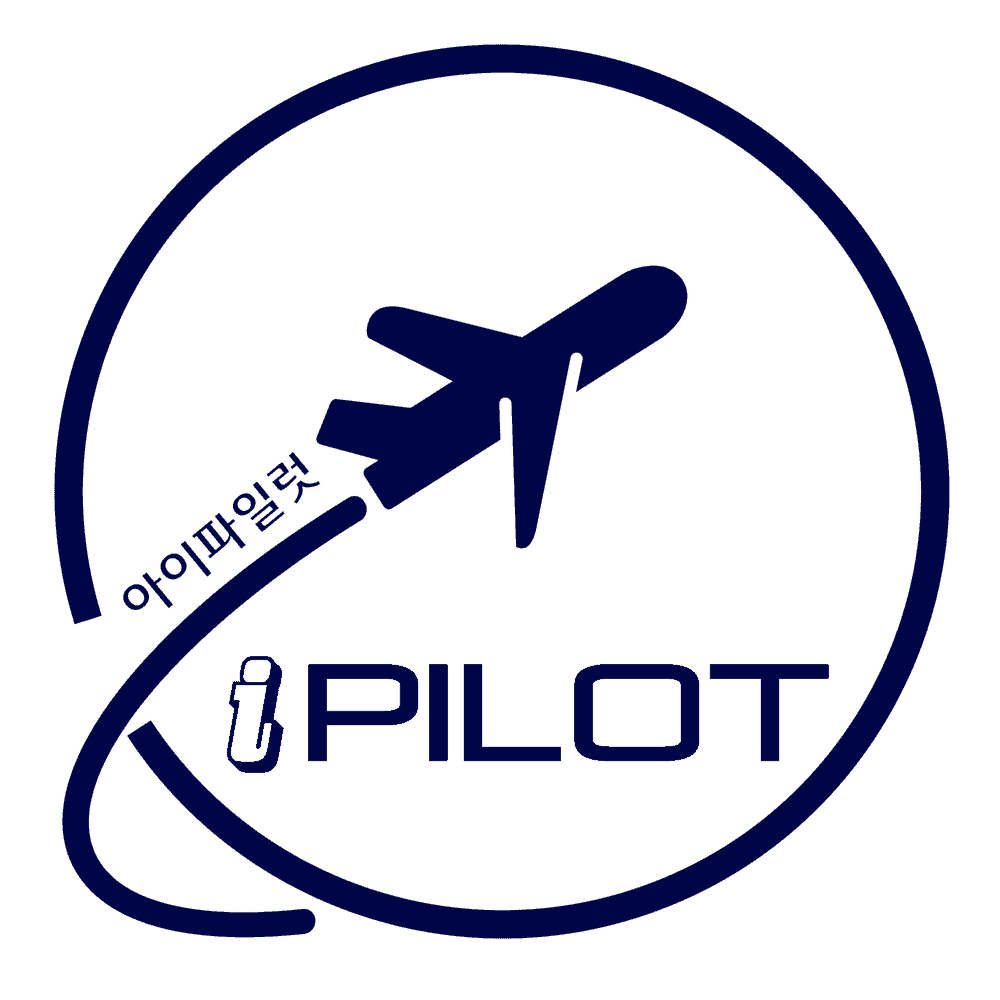FSF ALAR BRIEFING NOTE 1.1
Operating Philosophy
Statistical Data
Manufacturer's SOPs
Customized SOPs
Scope of SOPs
Deviations From SOPs
Summary
Statistical Data
The Flight Safety Foundation Approach-and-anding Accident Reduction (ALAR) Task Force found that “omission of action/ inappropriate action” (i.e., inadvertent deviation from SOPs) was a causal factor in 72 percent of 76 ALAs and serious incidents 2 worldwide in 1984 through 1997.
The task force also found that “deliberate nonadherence to procedures” was a causal factor in 40 percent of the accidents and serious incidents.
1984년부터 1997년 전세계 76개의 이착륙 사고 중 40%가 “절차의 수행 생략 또는 부적절한 절차 수행”이 원인이었으며 또한 “고의적인 절차 미수행(deliberate nonadherence to procedures)”가 사고의 원인임을 발견하였다.
Manufacturer's SOPs
SOPs published by an airframe manufacturer are designed to:
• Reflect the manufacturer’s flight deck design philosophy and operating philosophy;
• Promote optimum use of aircraft design features; and,
• Apply to a broad range of company operations and environments.
The initial SOPs for a new aircraft model are based on the manufacturer’s objectives and on the experience acquired during flight-testing programs and route-proving programs.
After they are introduced into service, SOPs are reviewed periodically and are improved based on feed
항공기 제작사는 다음과 같은 중점으로 SOP를 설계한다.
제작사의 조종석 디자인과 운용 철학 반영
항공기의 설계 특성에 맞는 최적화된 운용법 장려
광범위한 운용 환경에 맞는 적용성
Customized SOPs
Changes to the airframe manufacturer’s SOPs should be coordinated with the manufacturer and should be approved by the appropriate authority.
SOPs must be clear and concise; expanded information should reflect the company’s operating philosophy and training philosophy.
U.S. Federal Aviation Administration (FAA) Advisory Circular 120-71A, Standard Operating Procedures for Flight Deck Crewmembers, published Aug. 10, 2000, includes a list of generic topics that can be used for the development of company SOPs (see Standard Operating Procedures Template).
Company SOPs usually are developed to ensure standardization among different aircraft fleets operated by the company. Company SOPs should be reassessed periodically, based on revisions of the airframe manufacturer’s SOPs and on internal company feedback, to identify any need for change.
Flight crews and cabin crews should participate with flight standards personnel in the development and revision of company SOPs to:
• Promote constructive feedback; and,
• Ensure that the SOPs, as well as the reaso
SOP는 명확하고 간결해야 하며 추가적인 정보는 회사의 운영정책과 훈련 철학이 반영되어 만들어져야 한다.
일반적으로 여러 기종을 운영하고 있는 회사는 표준화를 위해 Company SOPs를 개발하며 그 개발된 SOPs는 추가적인 개정 필요사항들을 식별하기 위해 회사 내 자체 피드백을 받아서 제작사의 SOPs의 개정을 근거로 주기적으로 재 평가되어야 한다.
Scope of SOPs
The primary purpose of SOPs is to identify and describe the standard tasks and duties of the flight crew for each flight phase. SOPs generally are performed by recall, but tasks related to the selection of systems and to the aircraft configuration should be cross-checked with normal checklists
SOPs의 주요 목적은 각 비행단계에 대한 운항승무원에 표준 수행업무와 의무를 식별하고 설명하는 것이다.
일반적으로 SOPs는 조종사의 숙지(Recall)로 수행되지만 시스템과 항공기의 외장 등에 관련된 절차를 수행할때는 Normal Checklist를 이용하여 상호 확인을 통해 수행되어야 한다.
SOPs should emphasize the following items:
• Operating philosophy;
• Operating philosophy;
• Task sharing;
• Optimum use of automation;
• “Golden rules” (see FSF ALAR Briefing Note 1.3 — Golden Rules);
• Standard calls;
• Normal checklists;
• Approach briefings;
• Altimeter-setting and cross-checking procedures;
• Descent profile management;
• Energy management;
• Terrain awareness;
• Approach hazards awareness;
• Radio altimeter;
• Elements of a stabilized approach
(see recommendations)
and approach gate 3 ; • Approach procedures and techniques;
• Landing and braking techniques; and,
• Preparation and commitment to go around.
실제 항공사에서 대부분 위 항목들을 SOPs로 매우 잘 설계가 되어 있지만 공통적으로 SOPs로 지정이 잘 안되어 있는 항목은 "Descent Profile Management", "Energy Management" 부분이다. 이 부분은 실 비행훈련에서 비행교관 또는 LIP(Line Instructor Pilot)에 의해 대부분 구두로 이루어지고 있는 항목이긴 하지만 현재는 FSC, LCC 모두 SOPs로 선정하여 다루고 있지는 않은 상태여서 조종사의 각각의 전문성에 맡겨져 있는 상태이다.
아이파일럿
General Principles
SOPs should contain safeguards to minimize the potential for inadvertent deviations from SOPs, particularly when operating under abnormal conditions or emergency conditions, or when interruptions/distractions occur.
Safeguards include:
• Action blocks — groups of actions being accomplished in sequence;
• Triggers — events that initiate action blocks;
• Action patterns — instrument panel scanning sequences or patterns supporting the flow and sequence of action blocks; and,
• Standard calls — standard phraseology and terms used for effective crew communication.
SOPs는 비정상, 비상상황 또는 간섭이나 방해를 받는 상황에 대비하여 SOPs로부터의 불가피한 불이행의 잠재성을 최소하기 하기 위해 안전장치를 가지고 있어야 한다.
그 안전 장치는 다음과 같다.
Action Blocks : 순차적으로 수행되어야 하는 절차의 그룹
Triggers : Action Blocks을 시작하는 이벤트
Action Patterns : Action Blocks의 흐름과 순서를 지원하는 계기판 스캐닝 순서 또는 패턴
Standard Calls : 효과적인 승무원 소통을 위해 사용되는 표준 어구 및 용어
Standardization
SOPs are the reference for crew standardization and establish the working environment required for CRM
SOPs는 승무원 표준화의 기본이며 CRM에 필요한 비행환경을 만들어 준다.
Task Sharing
The following guidelines apply to any flight phase but are particularly important to the high-workload approach-and-landing phases. The pilot flying (PF) is responsible for controlling the horizontal flight path and the vertical flight path, and for energy management, by:
task sharing
• Supervising autopilot operation and autothrottle operation (maintaining awareness of the modes armed or selected, and of mode changes); or,
• Hand flying the aircraft, with or without flight director (FD) guidance, and with an appropriate navigation display (e.g., horizontal situation indicator [HSI]).
The pilot not flying/pilot monitoring (PNF/PM) is responsible for monitoring tasks and for performing the actions requested by the PF; this includes:
• Performing the standard PNF/PM tasks:
– SOP actions; and,
– FD and flight management system (FMS) mode selections and target entries (e.g., altitude, airspeed, heading, vertical speed, etc.), when the PF is hand flying the aircraft;
• Monitoring systems and aircraft configuration; and,
• Cross-checking the PF to provide backup as required (this includes both flight operations and ground operations).
The PNF/PM should question any actions taken by the PF that are not understood or are considered inappropriate.
Although many airlines prefer the term pilot monitoring to reflect the primary responsibility of the PNF, it should be recognized that both the PNM/PM and the PF have a monitoring role.
Automation
Training
모든 항공사사의 PF/PM 내용과 동일하므로 추가 설명 생략^^
아이파일럿
Deviation From SOPs
To ensure adherence to published SOPs, it is important to understand why pilots intentionally or inadvertently deviate from SOPs.
In some intentional deviations from SOPs, the procedure that was followed in place of the SOP seemed to be appropriate for the prevailing situation.
The following factors and conditions are cited often in discussing deviations from SOPs:
• Inadequate knowledge or failure to understand the procedure (e.g., wording or phrasing was not clear, or the procedure was perceived as inappropriate);
• Inadequate vigilance (e.g., fatigue);
• Interruptions (e.g., communication with air traffic control);
• Distractions (e.g., flight deck activity);
• Task saturation;
• Incorrect management of priorities (e.g., lack of a decision-making model for time-critical situations);
• Reduced attention (tunnel vision) in abnormal conditions or high-workload conditions; • Inadequate CRM (e.g., inadequate crew coordination, cross-check and backup);
• Company policies (e.g., schedules, costs, go-arounds and diversions); • Other policies (e.g., crew duty time);
• Personal desires or constraints (e.g., schedule, mission completion); • Complacency; and,
• Overconfidence.
These factors may be used to assess company exposure to deviations and/or personal exposure to deviations, and to develop corresponding methods to help prevent deviations from SOPs.
SOPs Deviation은 절차를 이해함에 있어서 부적절한 지식의 적용 또는 부적절한 적용, 전환 및 보수 교육시 SOPs의 불충한 강조, 피로 등으로 인한 부족한 주의력, ATC 교신 등과 같은 간섭, 우선적용해야 하는 상황에서의 잘못된 관리, 부적절한 CRM, 스케쥴, 비용, 회항 등 항공사 정책, 과도한 자신감 등에 의해 일어난다.
Summary
Deviations from SOPs occur for a variety of reasons; intentional deviations and inadvertent deviations from SOPs have been identified as causal factors in many ALAs.
Summary
CRM is not effective without adherence to SOPs, because SOPs provide a standard reference for the crew’s tasks on the flight deck. SOPs are effective only if they are clear and concise. Transition training provides the opportunity to establish the disciplined use of SOPs, and recurrent training offers the opportunity to reinforce that behavior.
국제 기준은 해수면 기준 SOPs로부터의 Deviation은 여러가지 원인으로 일어난다.
하지만 중요한건 SOPs가 조종석에서 승무원의 절차에 대한 표준 근거 또는 기준을 제공하기 때문에 SOPs의 준수 없이는 CRM은 효과적이지 않다는 사실이다.
각 항공사에는 표준 부서가 있습니다.
각 표준 부서에서 SOPs를 설계할때 참고할 만한 내용으로 간단하게 기술하였습니다.아이파일럿





